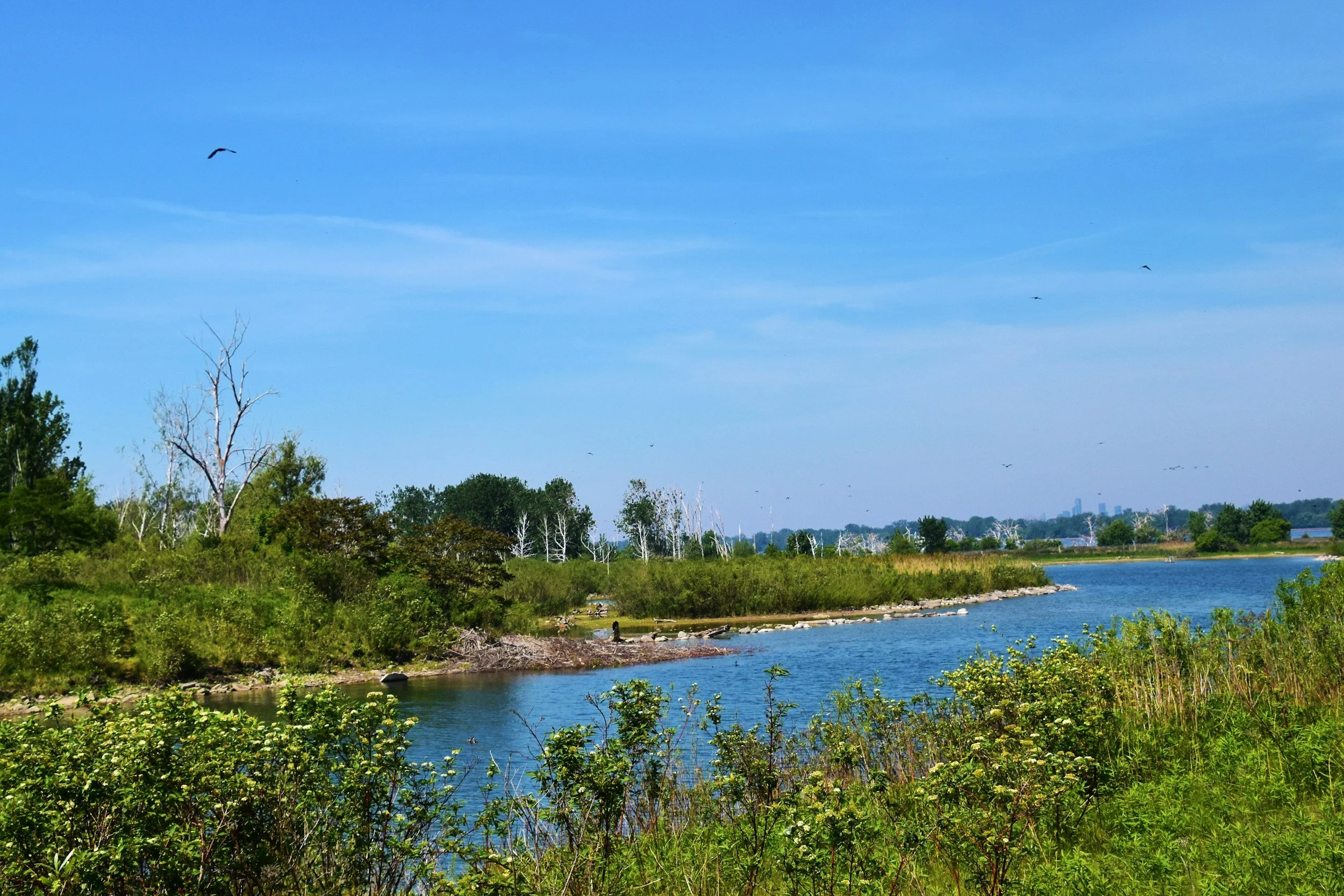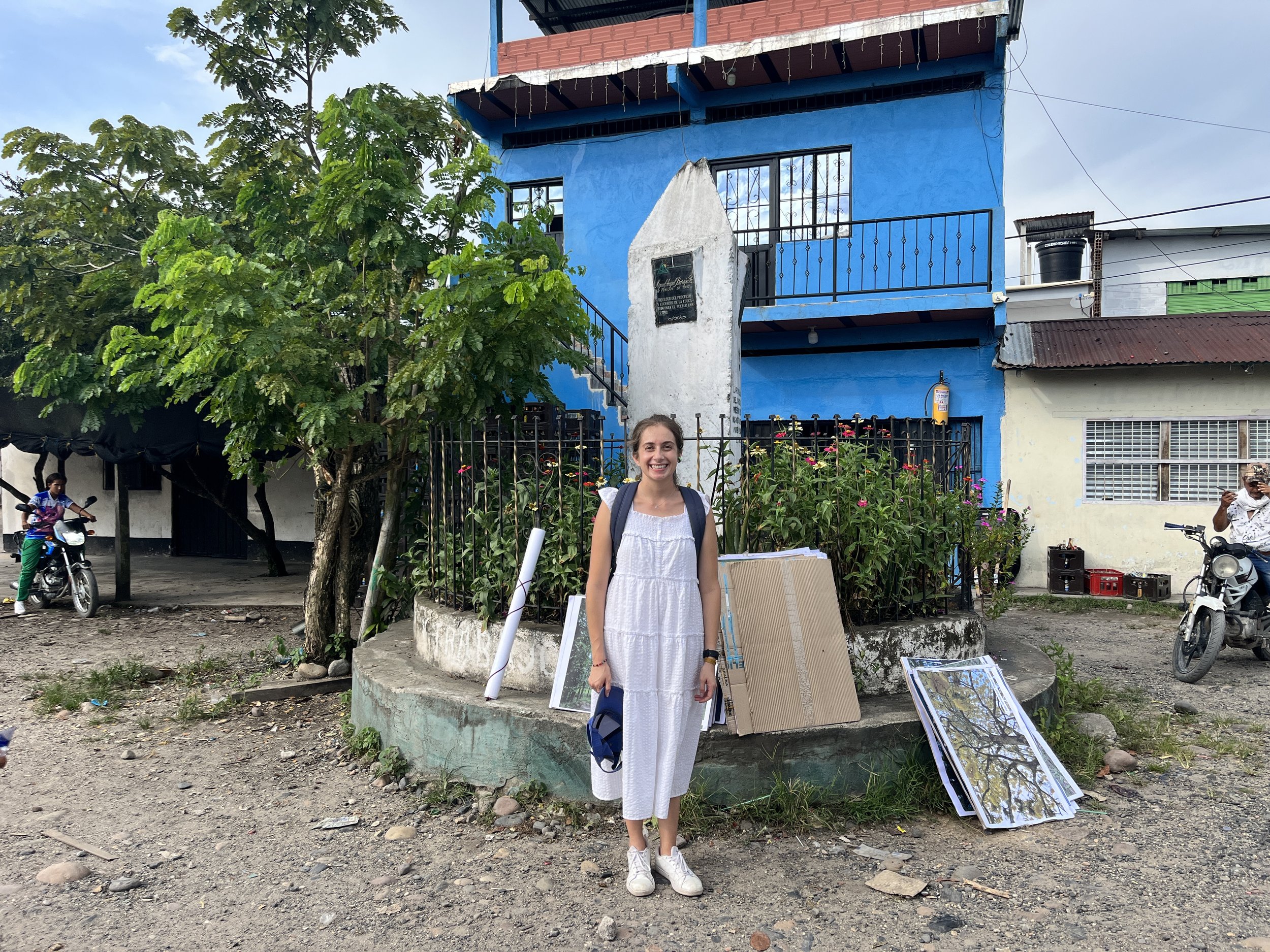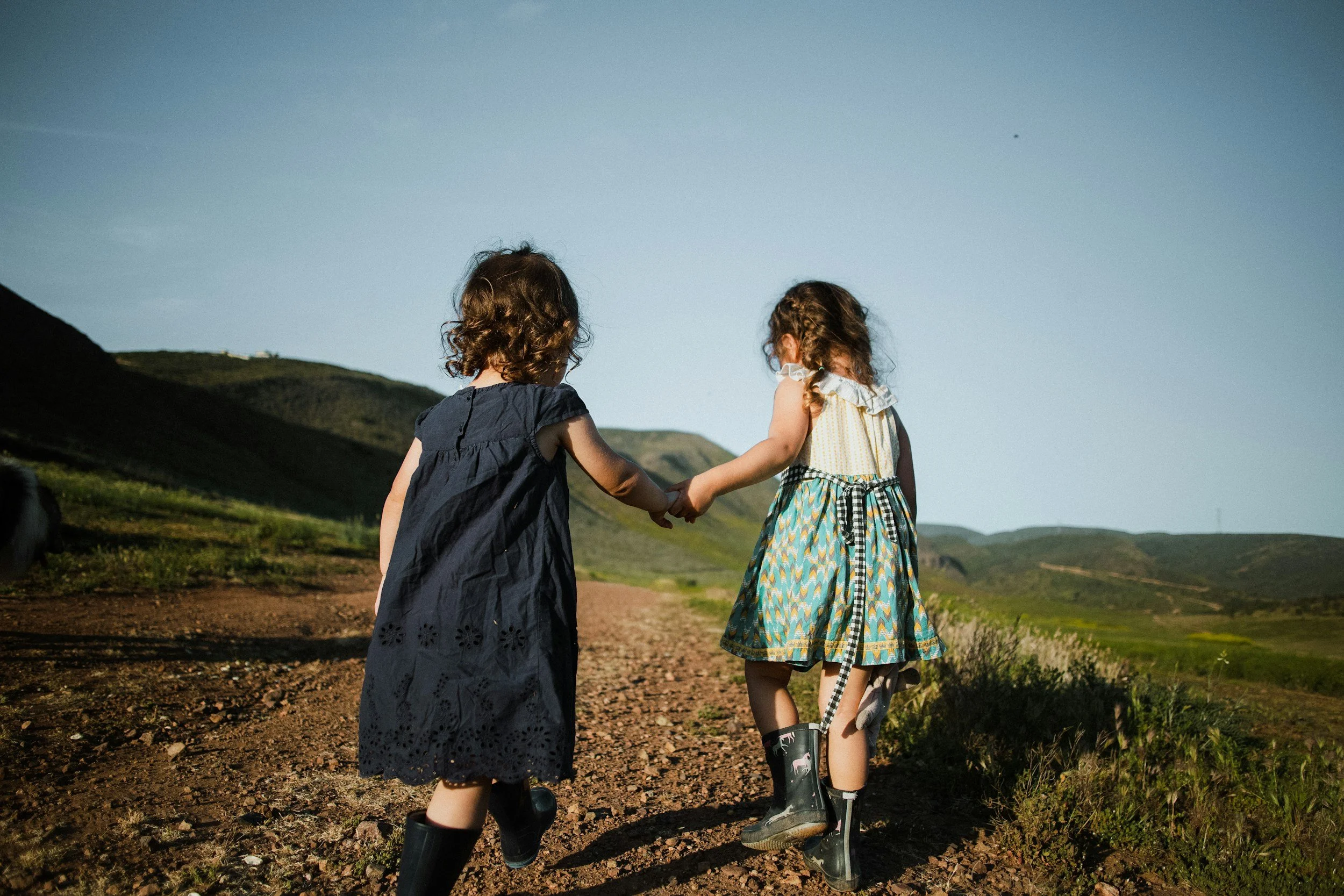Publications.
Explore some of the academic and non-academic publications I’ve authored or contributed to.
-

Between illicit economies and having a dream: Exploring rural youth aspirations and life-courses in a rural municipality in Colombia
Published in the Journal of Rural Studies, this article explores how rural youth in a remote Colombian community navigate their aspirations and life-course decisions in a context shaped by armed conflict and the coexistence of licit and illicit economies. Using a participatory photovoice approach and an intersectional lens, the study shows how young people’s hopes for education, stability, and community engagement are constrained by structural inequalities, often resulting in survival-oriented rather than transformative aspirations. Available here: https://www.sciencedirect.com/science/article/pii/S0743016725003857
-

Enhancing Biodiversity and Ecosystems Through Innovation in Agriculture
Enhancing Biodiversity and Ecosystems Through Innovation in Agriculture (2025) — A Food from Thought research report showcasing how innovation in agriculture can protect biodiversity and strengthen ecosystem resilience across Canada.
Available here: https://foodfromthought.ca/wp-content/uploads/2025/12/Enhancing-Biodiversity-and-Ecosystems-Through-Innovation-in-Agriculture-Report.pdf
-

Dissertation. Between Dreams and Reality: Exploring Rural Youth Aspirations and Life-Courses in Contested Contexts: A Case Study from Rural Colombia
My dissertation examines how rural youth in La India, Colombia imagine and navigate their futures within a context marked by inequality, armed conflict, and limited opportunities. Using participatory methods like photovoice and mapping with 36 young people, this research shows that rural youth are active decision-makers who adapt, dream, and resist despite structural barriers. The findings highlight their resilience and call for policies that recognize and support their own visions for change.
Available here: https://atrium.lib.uoguelph.ca/items/46d5b9e3-1ad3-409a-9e55-f2e2e39b534c
-

Looking for a Dream: understanding rural youth life trajectories in Colombia
Fontecha, M., & Sarapura, S. (2023). Looking for a Dream: understanding rural youth life trajectories in Colombia. New York: International Conference on Sustainable Development (ICSD).
Retrieved from https://ic-sd.org/wp-content/uploads/2023/10/ICSD-2023_stage-5590_question-Paper-Submission_id-536.pdf
-

Invisible and precarious: A scoping review of gender-based violence in agricultural streams of Canada’s Temporary Foreign Worker Program
Sarapura, S., Cupolo, N., Fontecha, M., Potter, C., & Zink, R. (2023). Invisible and precarious: A scoping review of gender-based violence in agricultural streams of Canada’s Temporary Foreign Worker Program. University of Guelph. Guelph: Invisible and precarious: A scoping review of gender-based violence in agricultural streams of Canada’s Temporary Foreign Worker Program. Retrieved from https://atrium.lib.uoguelph.ca/items/8a1eb08c-0654-456b-8ea8-d7570b6aae3f
-

Climate Change Communication in Colombia
Lema, L., Hermelín, D., Fontecha-Tirado, M. M., & DuniaH.Urrego. (2018). Climate Change Communication in Colombia. Climate science. doi: https://doi.org/10.1093/acrefore/9780190228620.013.598
-

Transitions to a sustainable agri-food system: Making rural youth visible and heard in illicit economies
Fontecha, M., & Walker, J. (2022). Transitions to a sustainable agri-food system: Making rural youth visible and heard in illicit economies. International Drug Policy Consortium (IDPC). Retrieved from https://idpc.net/publications/2022/08/transitions-to-a-sustainable-agri-food-system-making-rural-youth-visible-and-heard-in-illicit-economies
-

Building Trust and Collaborating with Others: Challenges for A Sustainable Peace in Caquetá, Colombia
Fontecha-Tirado, M. M. (2018). Building Trust and Collaborating with Others: Challenges for A Sustainable Peace in Caquetá, Colombia. Consilience: The journal of Sustainable Development, 19(1), 163-183. doi: https://doi.org/10.7916/consilience.v0i19.3897
-

The Next Green Revolution: How Canada can produce more food and fewer emissions
RBC, BCG Centre for Canada’s Future and Arrell Food Institute at the University of Guelph. (2022). The Next Green Revolution: How Canada can produce more food and fewer emissions. Ottawa: RBC. Retrieved from https://thoughtleadership.rbc.com/the-next-green-revolution-how-canada-can-produce-more-food-and-fewer-emissions/
-

Informe de evaluación del proyecto ´Removiendo barreras para la incorporación, retención y avance de las mujeres en campos stem hacia la industria verde’. Evaluación externa realizada por la Universidad de Guelph (Canadá)
Fontecha, M., & Sarapura, S. (2024). Informe de evaluación del proyecto ´Removiendo barreras para la incorporación, retención y avance de las mujeres en campos stem hacia la industria verde’. Evaluación externa realizada por la Universidad de Guelph (Canadá). Guelph: University of Guelph. URL: https://atrium.lib.uoguelph.ca/items/21340f68-e114-40c5-9bc5-8f94134c2caf
-

¿Cómo afecta el cambio climático a la niñez en Colombia?
Franco, A., Quijano, P., Prieto, G., & Fontecha, M. (2024). ¿Cómo afecta el cambio climático a la niñez en Colombia? Fondo Acción. Bogotá: Fondo Acción.
-

Cambio climático y niñez: una mirada desde Colombia y la experiencia de Fondo Acción
Quijano, P., & Fontecha, M. (2022). Cambio climático y niñez. Una mirada desde Colombiay la experiencia de Fondo Acción. Bogotá: Fondo Acción. Obtenido de https://fondoaccion.org/2022/04/22/cambio-cimatico-ninez/
-

Con los pies en el bosque: aprendizajes en el mecanismo REDD+
